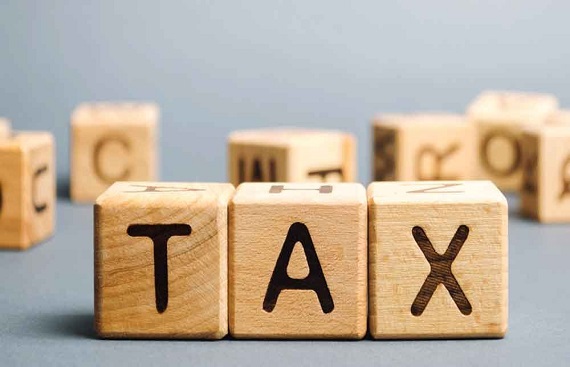Retro Taxation: Payback timeline for Government Outlined

The settlement to scrap the retrospective taxation plan, the Central Board of Direct Taxes (CBDT) under the Ministry of Finance has notified rules to help close tax conflicts with organizations like Cairn Energy and Vodafone Plc. The rules also define other contingencies, such as issuance of a public notice or press release by the company stating that claims resulting out of or relating to the appropriate orders or any related award, judgment, or court order, no longer exist, and include an indemnity against “any claims against the Republic of India or any India affiliate contrary to the undertaking.”
How retro tax issue started with Vodafone?
![]()
Vodafone had acquired a 67% stake in Hutchison Whampoa for $11 billion. This included the mobile telephony business and other assets of Hutchison in India. In September that year, the Indian government, for the first time, raised a demand of Rs 7,990 crore in capital profits and withholding tax from Vodafone, saying the organization should have deducted the tax at source before initiating a payment to Hutchison.
The government said that it’s inquiring about the verdict, and it must let go and make a new start. The dispute’s reasons lie in the government questioning Vodafone’s indirect purchase of its Indian telecom assets. Vodafone asked for the demand notice in the Bombay High Court, which was directed in favor of the Income Tax Department. After, Vodafone challenged the High Court judgment in the Supreme Court, which is 2012 ruled that Vodafone Group’s interpretation of the Income Tax Act of 1961 was proper and that it did not have to pay any taxes for the stake buying.
The same year, the Finance Minister, the late Pranab Mukherjee, circumvented the Supreme Court’s ruling by introducing an amendment to the Finance Act, thereby giving the Income Tax Department the power to tax such deals retrospectively. The Act was passed by Parliament that year, and the onus to pay the taxes fell back on Vodafone. The case had by then become famous as the ‘retrospective taxation case.’
PCA’s verdict gives India a fortune to wash its hands of an unfavorable decision that political parties probe in private but brace in Parliament. India needs investments to kickstart economic growth, and investors seek a stable environment, of which tax policy is a crucial ingredient. A tax policy that is anticipated and simple to understand is the best viable way to promote investments. The 2012 amendment undermined India’s claim to be a jurisdiction underpinned by the rule of law. Reputations matter in bringing investments.
Retrospective taxation
The Retrospective taxation permits a country to establish a law on taxing specific products, items, or services and deals and charge businesses after the date on which the law is passed. Countries use this way to correct any irregularities in their taxation policies that have enabled companies to benefit from such deceptions in the past. While governments regularly use a retrospective amendment to taxation laws to “clarify” existing laws, it ends up damaging companies that had knowingly or unknowingly read the tax rules differently.
Apart from India, various countries, including the US, the UK, the Netherlands, Canada, Belgium, Australia, and Italy, have retrospectively taxed companies, which benefited from loopholes in the previous law. India passed the retrospective taxation law. Where Parliament passed the amendment to the Finance Act in 2012, the onus to pay the taxes fell back on Vodafone. The amendment was criticized by investors globally, who said the change in law was “perverse” in nature.
Following international criticism, India decided to settle the matter amicably with Vodafone but could not do so. After the new NDA government came to power, it said it would not create any new tax obligations for companies using the retrospective taxation route. By 2014, all efforts by the telco and the Finance Ministry to settle the issue had failed. Vodafone Group summoned Clause 9 of the Bilateral Investment Treaty (BIT) signed between India and the Netherlands in 1995.
Central Board of Direct Taxes scrap the retrospective taxation provision
The repayment might require at least two months as per the timeline outlined in the rules. An Indian subsidiary is any department, agency, instrumentality, public sector company, or other government entity owned directly or indirectly in India or abroad. The organizations will have to withdraw any pending lawsuit or proceeding before any forum on the levy of the retrospective tax and ensure that they won’t attempt any further claims in the future. Also, companies will have to provide a declaration with the income tax authorities along with a board resolution or legal authorization besides an indemnity bond, the rules indicated.
The first submission of an undertaking to withdraw all pending legal proceedings has to be completed in 45 days. After that, the proper Principal Commission of Income-tax has to give a certificate accepting or pass an order denying the claim in 15 days from the acknowledgment of the application. After the grant of the certificate, the companies will have to fulfill the condition of payment by all interested parties within 60 days. After this, the order granting relief has to be made within 30 days, and only after this, the refund will be initiated.
